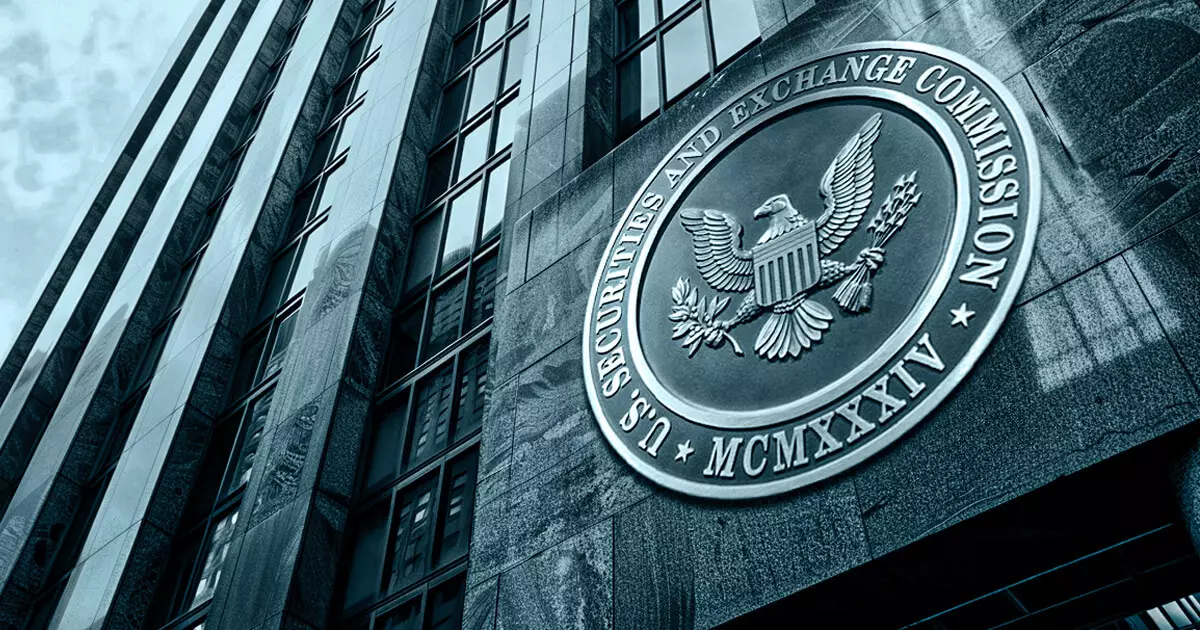The recent developments in the House Appropriation budget could potentially prevent the US Securities and Exchange Commission (SEC) from implementing its controversial Staff Accounting Bulletin 121 (SAB 121). This budget rider aims to restrict the use of appropriated funds for the enforcement of the rule, which has stirred up significant debate within the financial industry.
The House, currently controlled by a Republican majority, is expected to pass the appropriation bill with the rider intact in a hearing scheduled for June 5. However, the Senate, where Democrats and Independents hold the majority, will need to negotiate their own appropriation bill, which may differ from the House’s version. There is speculation that Democratic support for a previous resolution targeting SAB 121 could influence the Senate’s decision on this matter.
SEC commissioner Mark Uyeda has expressed his support for withdrawing SAB 121, criticizing the regulatory process through which it was introduced. Uyeda believes that the SEC’s decision to implement the rule via a regulatory edict bypasses proper rulemaking procedures under the Administrative Procedure Act, undermining the checks and balances of the administrative state. This sentiment is echoed by fellow commissioner Hester Peirce, who has raised procedural concerns rather than objections to the content of SAB 121 itself.
Implications of SAB 121
SAB 121 mandates that financial institutions and other entities holding digital assets on behalf of customers must account for these assets on their balance sheets, potentially imposing significant capital and liquidity costs on these firms. The debate surrounding the rule has sparked a broader discussion on the regulatory environment for digital assets and the balance between industry innovation and investor protection.
Both the US House and Senate previously voted to pass H.J. Res. 109, which sought to overturn SAB 121 and nullify its effects. The Senate successfully passed the resolution on May 16, only for President Joe Biden to veto it on May 31. Biden cited concerns about the potential risks to consumers and investors posed by overturning the SEC’s decision, leading to a contentious response from various stakeholders, including House lawmakers and industry organizations.
The ongoing debate over the implementation of SAB 121 reflects broader tensions within the financial regulatory landscape, highlighting the challenges of balancing innovation and investor protection. The outcome of the House Appropriation budget and its impact on the SEC’s regulatory authority will have far-reaching consequences for the industry and market participants alike. It remains to be seen how this issue will be resolved and what implications it may have for future regulatory initiatives in the digital asset space.
















Leave a Reply